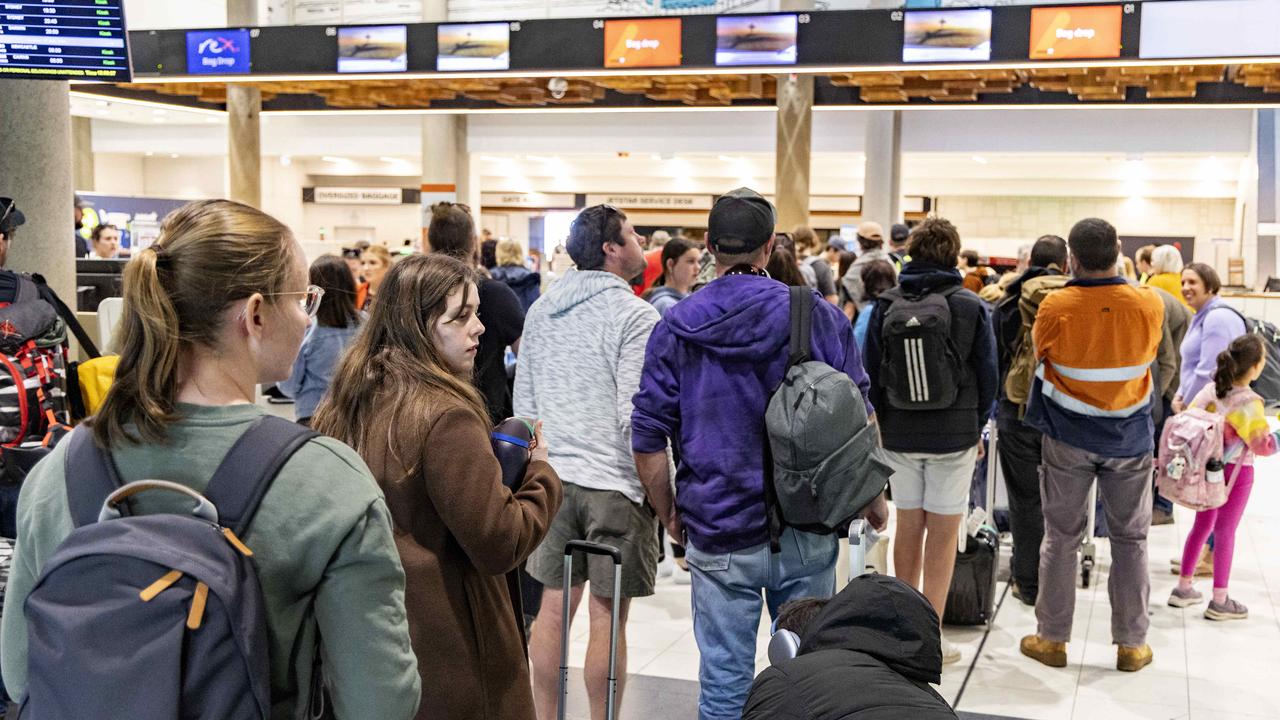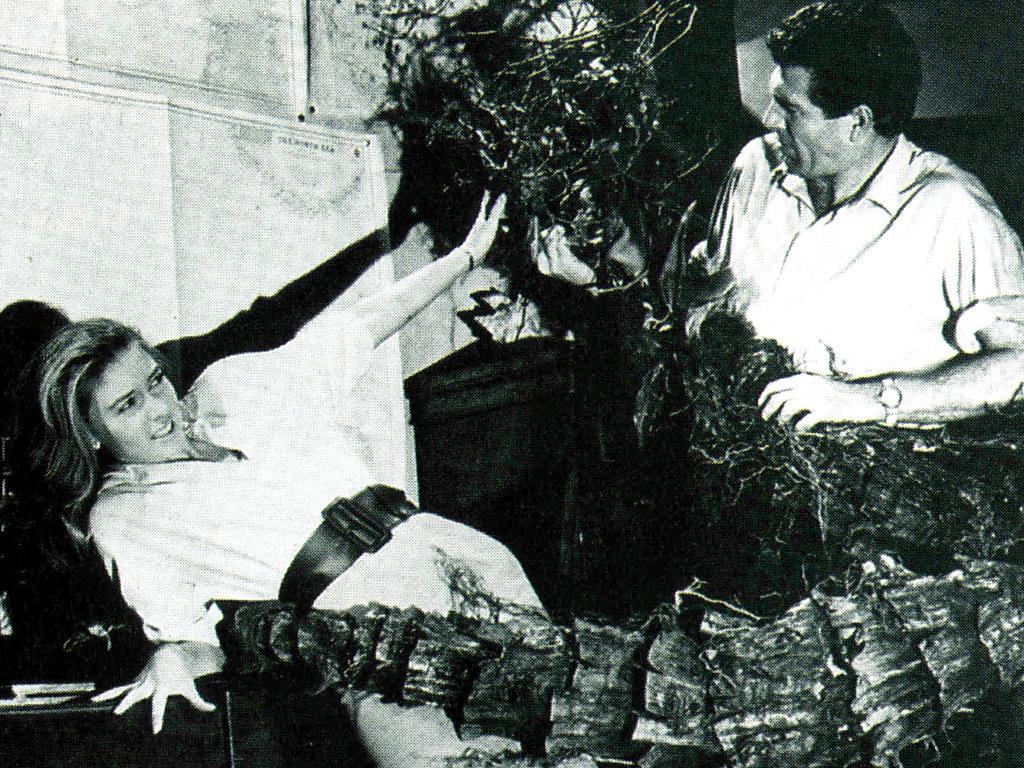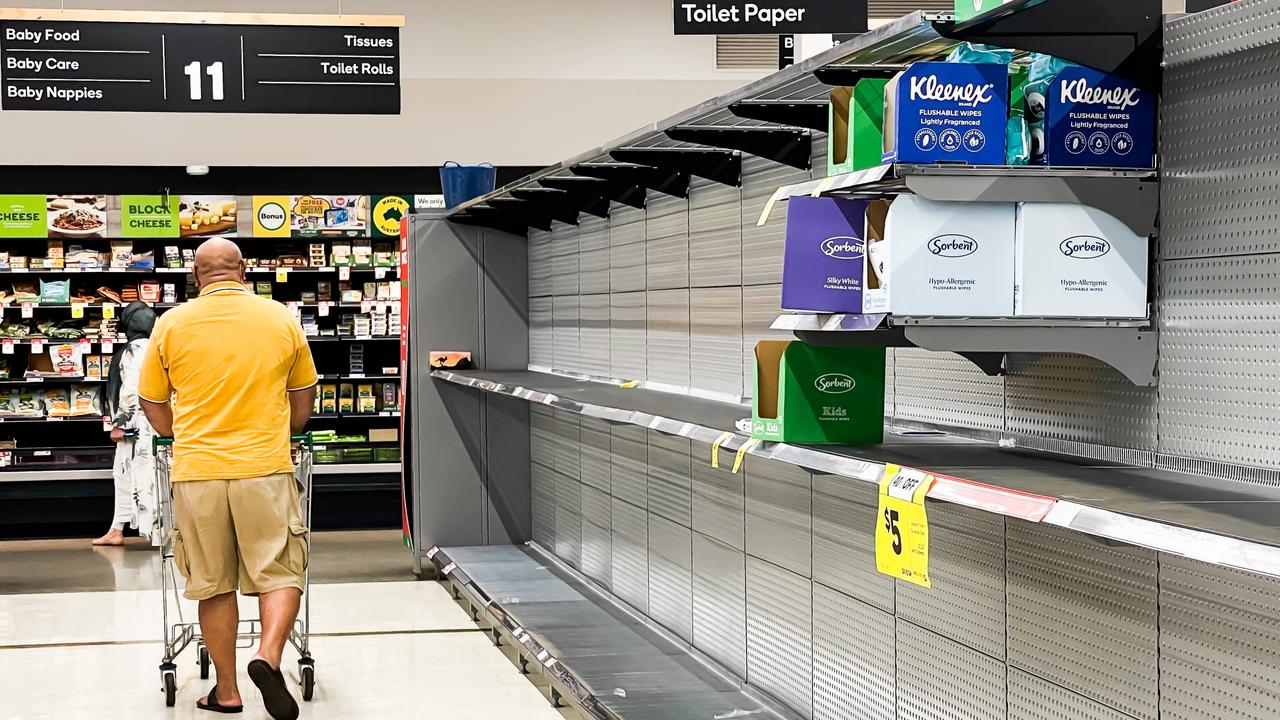Campbell: CrowdStrike outage proves we need a Plan B if the computers go down again
The scariest thing about the global IT meltdown we have just come through is it probably won’t lead to any great change, writes James Campbell.
The scariest thing about the global IT meltdown we have just come through is it probably won’t lead to any great change.
Luckily, bar a few people still waiting for their planes, it looks like the mayhem caused by the CrowdStrike screw-up will probably be over by the time this goes to print.
But it makes you think, doesn’t it?
The world’s biggest ever IT freeze might have knocked out Windows machines right across the planet but, thankfully, it hasn’t taken the boffins long to work out how to unfreeze them.
Luckily, too, phones kept working so we could keep across things on our devices. Imagine if they had gone out too and had stayed out.
Imagine too if the walking poisonous plants then escaped from their cages and started attacking …

Sorry, I got carried away there.
But you get the point. John Wyndham’s classic 1951 sci-fi novel The Day of the Triffids imagined a world in which the population is struck blind overnight. Without our computers, we are not literally sightless but we might as well be.

At the outbreak of the Covid pandemic, when supermarket shelves emptied, it suddenly didn’t seem so crazy to get in some canned and dry food to keep yourself going in case you had to isolate.
I suspect that, for many people, that experience didn’t prompt any long-term change in behaviour. In fact, coming across some past-their-used-by-date tins of spaghetti in the garage recently I wondered, not for the first time, if I hadn’t been a bit silly.
Maybe it’s just because, as Australians, deep down we believe that “she’ll be right”.
But if an error in a piece of code written by a company that few people have ever heard of can shut down businesses everywhere, isn’t it actually prudent to keep bottled water and pasta in the back shed?
At the very least, maybe make sure you have some cash.
From the way they have been behaving, the tech billionaires who know the most about our interconnected world seem to be awake to these dangers and have been taking precautions accordingly.
Take Facebook mogul Mark Zuckerberg who, according to Wired magazine, is building himself a compound in Hawaii with two mansions connected by “a tunnel that branches off into an underground shelter, featuring living space, a mechanical room, and an escape hatch”. It will “be self-sufficient, with its own water tank … along with a pump system. A variety of food is already produced … through ranching and agriculture.”
Zuckerberg isn’t alone.

A couple of years ago, technology writer Douglas Rushkoff published a hilarious but also scary piece in which he described being summoned by five tech multi-millionaires who wanted to pick his brain about preparing for life post-societal collapse, including such thorny questions as how long should one plan to be able to survive with no outside help, and should a shelter have its own air supply.
Of particular concern to the moguls were issues related to private security forces post-apocalypse.
“One had already secured a dozen Navy Seals to make their way to his compound if he gave them the right cue,” Rushkoff wrote.
The temptation, of course, for those of us who can’t afford Navy Seals to protect our compounds is to think that, since we can’t do everything, we might as well do nothing.
In other words, let’s just hope the authorities use this as a warning: we are going to need a Plan B if the computers go down from a solar storm or a cyber-attack.
But as an in-between measure, maybe it might be a good idea to keep some cash in your wallet and be like Mark Zuckerberg and stock up on the tinned tomatoes and pot noodles.
Got a news tip? Email weekendtele@news.com.au





